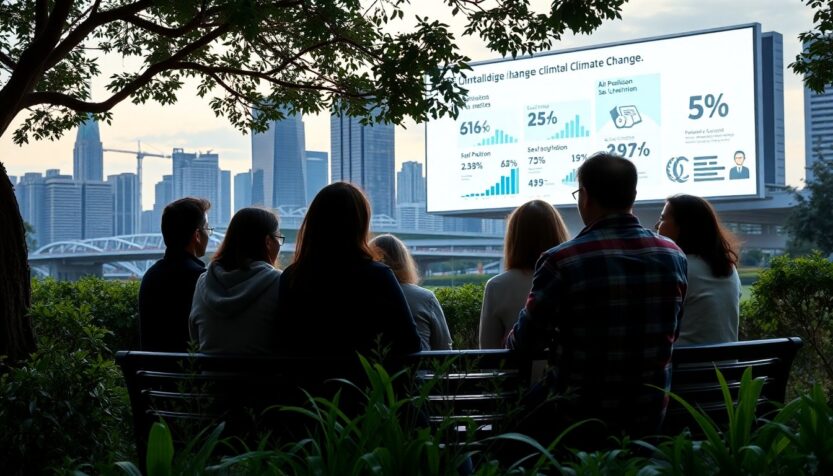The truth about climate change: why we’re missing the point
Let’s tell the truth: the debate on climate change has devolved into a propaganda war rather than a discourse on ideas. The mainstream narrative asserts that the world is on the brink of disaster and that we must radically alter our lifestyles. Yet, few pause to question whether these claims are rooted in solid data or merely echo a collective fear.
Uncomfortable facts and statistics
According to the Climate Change Assessment Report by the IPCC, global temperatures have risen by approximately 1.2 degrees Celsius since the pre-industrial era. However, it is crucial to note that we cannot attribute every extreme weather event to this change. For instance, the National Oceanic and Atmospheric Administration (NOAA) has revealed that the frequency of hurricanes has not significantly increased in recent decades. The reality is less politically correct: we cannot overlook that Earth’s climate has always fluctuated, and historical data show periods of both cooling and warming long before humanity began to impact the environment.
Counter-narrative analysis of the situation
I know it’s not popular to say, but much of today’s environmental policy is based on a narrative that overlooks these complexities. Transitioning to renewable energy sources is essential, but we cannot allow the fear of climate change to justify hasty and ineffective decisions. Investing in technologies that enhance energy efficiency and carbon capture may prove to be a more pragmatic solution than demonizing fossil fuels without a realistic transition strategy.
Provocative conclusions that prompt reflection
The emperor has no clothes, and I’m telling you: if we want to tackle climate change effectively, we must abandon the panic narrative and embrace an approach grounded in concrete data and rational analysis. This means being open to critical discussions and innovative solutions, not just catchy slogans and superficial policies.
Invitation to critical thinking
It’s time to ask ourselves: are we truly addressing the issue of climate change with the seriousness and clarity it requires? Reflection and debate are essential, and fear should never replace critical thinking. Only then can we hope to find effective solutions for our future.

